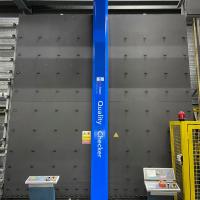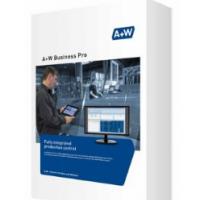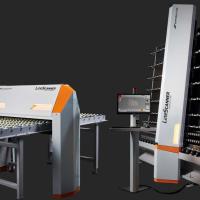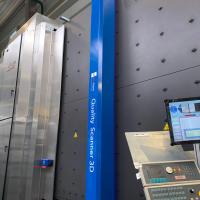
Date: 5 June 2019
You might not mean to create it. But I see it happen.
You’re scaring your workers into mistakes. Into missed deadlines, breakage, misreading or failing to read the job order or making the part wrong.
I mention this because I have seen fear-based work environments result in well-designed production improvement and quality systems falling far short of expectations.
When workers believe they’ll be punished for calling attention to issues or their own errors, some will keep silent. Others will make it look like the cause is elsewhere. And others will game the system.
The opposite of what you want
All of which makes it harder for you to find and correct the cause of quality and production issues in your plant. Pretty much the opposite of what you want.
Here’s an example: in one plant, adding barcoding on the production floor to track where and why rejections happened actually increased customer returns.
Why? Management offered a bonus to the department reporting the highest throughput or the lowest defects. Employees underreported issues to get bonuses.
In another plant, workers reporting the most errors were routinely fired. Those left behind learned to keep silent to protect their jobs.
This isn’t letting employees off the hook
Workplace performance experts confirm that humans perform poorly when they feel fear and uncertainty. And that managers are often unaware of how workers are impacted by policies and work environment.
“The notion that at work we become unfeeling cogs in the apparatus of the workplace, impervious to the emotions that exist in organizations is–to put it bluntly–delusional,” says Don Rheem, a leadership expert at E3 Solutions and author of Thrive By Design: The Neuroscience that Drives High-Performance Cultures. “We can only function at our full capacity when the brain feels safe.”
While managers need to hold people accountable, teams and individuals do better when leaders do it in a positive way. This is worlds removed from letting things go or letting people off the hook.
Everyone makes mistakes. They’re rarely the end of the world. But when workers feel unsafe, errors are more likely to just keep happening.
You can read Rheem’s blog at donrheem.com.
So you might be thinking you don’t use fear
We often fail to grasp that the impact of our words and actions is different from our intent—or that our processes and reward systems might be faulty. For example, social researchers say people who engage in bullying behavior rarely see themselves as bullies.
There’s also unclear expectations, poor systems and faulty communications. Which is why The Center for Servant Leadership suggests looking at your own role and the role of systems and procedures.
“When people do speak up and talk about mistakes or problems, managers must listen, acknowledge they hear what was said and collect the real facts before assigning blame. While it is all too human to respond too quickly and overreact, an effective leader that manages fear is patient and understanding.”
This Industry Week article makes similar suggestions.
Good systems can help
Our area of expertise is manufacturing systems. Moreover, we’ve seen the positive impact well-designed processes and incentives create.
The most successful reward system I’ve seen placed several rejection stations throughout the manufacturing process. Shop performance reports were updated to place the responsibility for any defect to the station prior to the station recording the defect.
Alternatively, a dedicated quality department can have a reward for least number of customers returns due to defects—not a direct reward based on the rejects they find, but how happy the customer is with the finished product.
Cut down on errors from the start
The true goal for any tracking system should be to cut down on defects to begin with. This takes time.
Proper tracking systems will report rejects by workstation and reject codes associated. Then look for the most common reject reasons. From there, try to understand the root cause.
If it’s poor product from a vendor, implement better quality checks when material is received or find a new vendor. If it’s due to inadequate training or unclear customizations, find ways to expedite training or make customizations clearer.
A little fear can be good
Creating an environment where mistakes are acknowledged, reviewed and corrected is more likely to result in improved performance, experts say.
“Fear is a normal human emotion, and — when held in check — can sometimes be a functional or even necessary way to ensure that people do not become complacent,” writes Wharton School of the University of Pennsylvania management professor Andrew Carton. “But when fear becomes an entrenched marker of an organization’s culture, it can have toxic effects over the long run. In addition to stifling creativity, it can inhibit collaboration and lead to burnout.”
https://knowledge.wharton.upenn.edu/article/fear-motivate-workers-make-things-worse/
“You can’t always control how or when an individual reacts with fear or any other emotion. But you can reduce the possibility of a fear reaction.
One step is clear communications, particularly reducing ambiguity during any time of stress. Clear work instructions can help. Encourage frank discussion, which could include feedback on how your leadership style has a different impact than you intended.
“While some people just might not be right for your organization, a good faith effort to work with them on acknowledging errors and working on solutions can go a long way.
Otherwise, when employees stop reporting production and quality issues because they fear repercussions, you’ll likely struggle to find the source of problems in your plant.
 600450
600450

























Add new comment